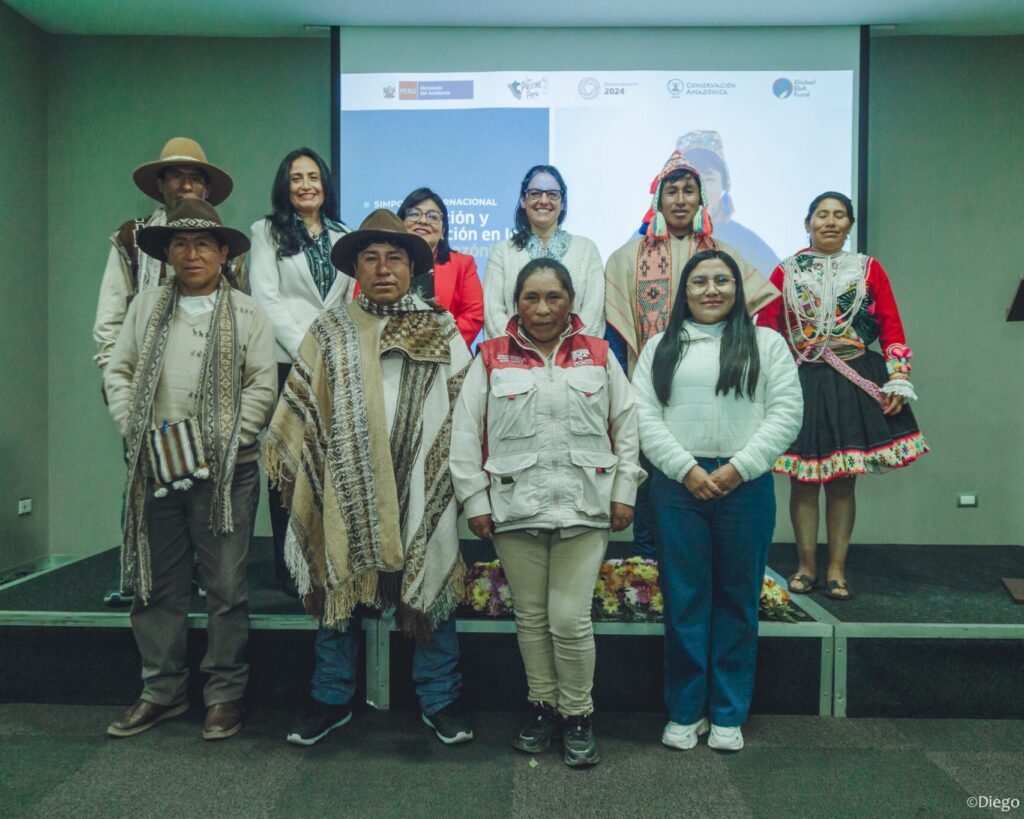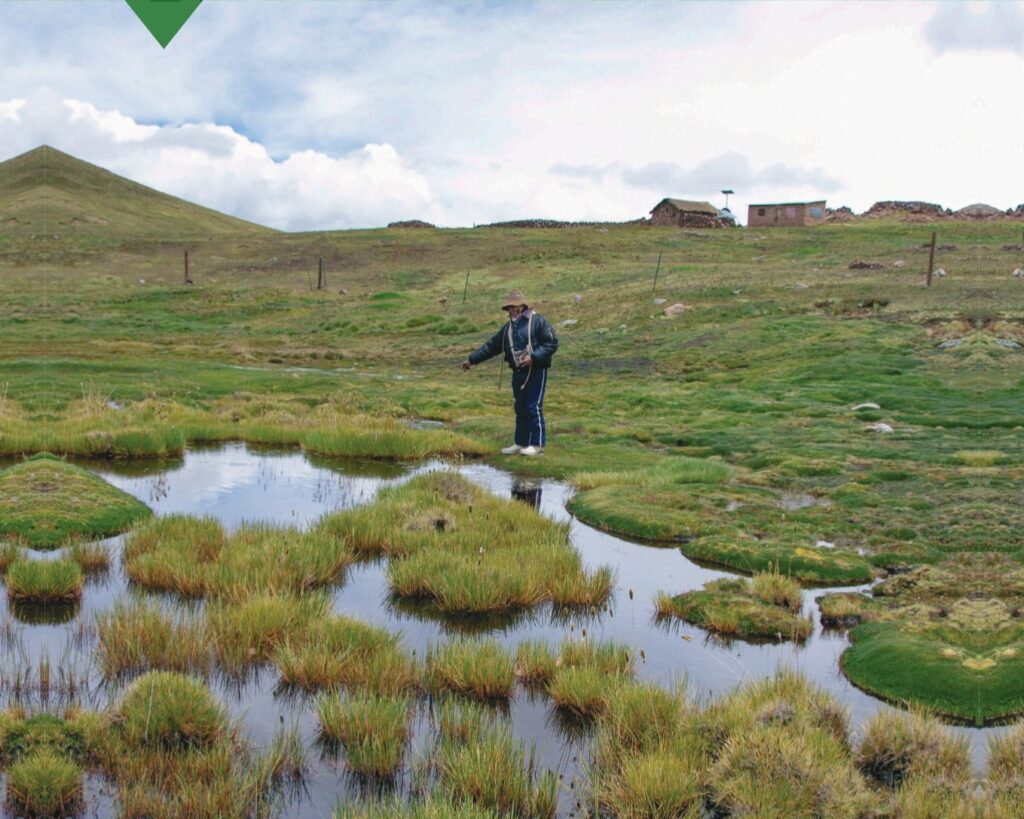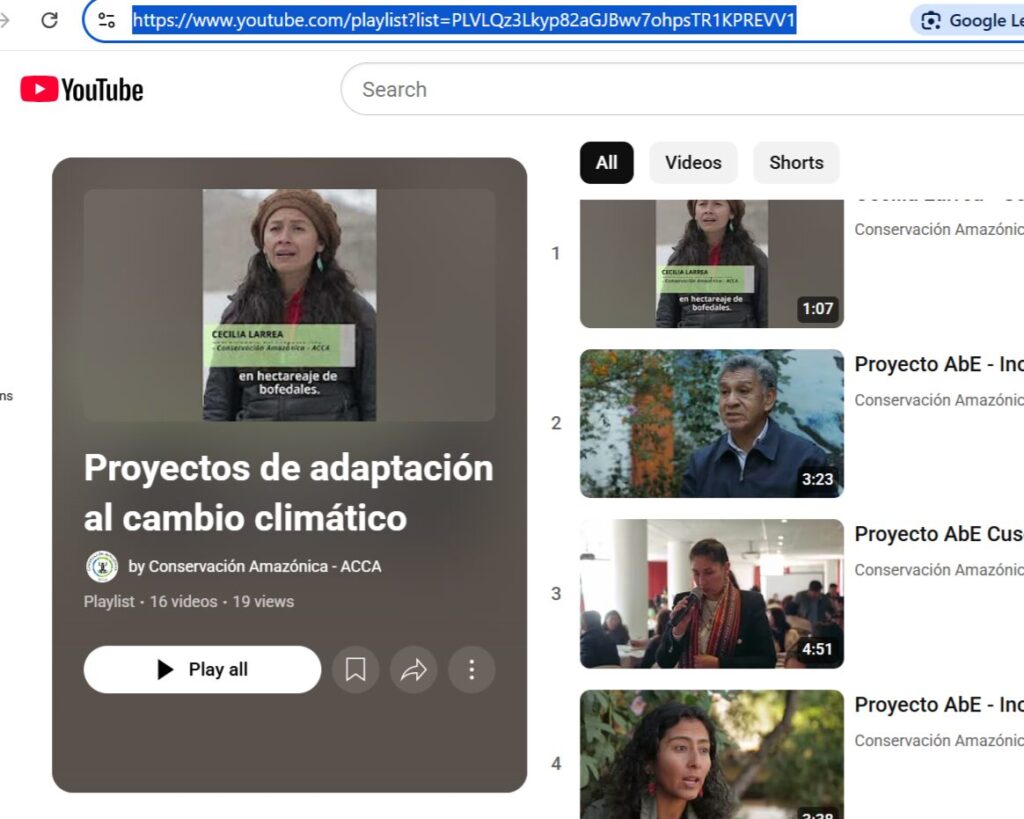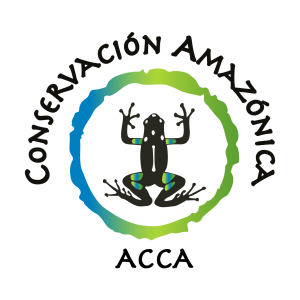Mainstreaming Ecosystem-based Adaptation into Public Policy and the territorial plans of Andean communities in Cusco, Peru
Project Information
The project sought to improve the effectiveness of climate change management in Cusco, Peru, highlighting the importance and necessity of undertaking territorial management based on conserving biodiversity and healthy ecosystems, and recognizing and validating traditional knowledge, which has been practiced for millennia. It offered the ecosystem-based adaptation (EbA) approach as a new strategy for regional climate change management in an area that is already experiencing significant impacts, such as glacial retreat and wetland degradation. The project used a multi-level approach to ensure the generation of new skills and learning for both the local community and regional government officials.
The project worked with local communities, who are the caretakers as well as beneficiaries of this vulnerable landscape, with whom the organization has worked with previously and who are already concerned about glacial retreat, water scarcity and what can be done about it. To this end, this project provided the communities with information and training regarding climate change and the EbA methodology, supported them in developing and implementing their communal territorial plans, and enabled them to implement a successful 27-hectare wetland restoration pilot project to recover vital ecosystem services including water provision, not only for local use but also downstream to the city of Cusco.
The project included the following two components:
Component I:
- 60 regional actors trained in the EbA and climate change approach.
- 5 territorial management instruments prioritised and analysed to identify opportunities for incorporating the EbA approach.
- Support to the Regional Climate Change Strategy (ERFCC): Facilitated and systematised Regional Climate Change Council of the Cusco Region (CORECC) workshops, organised provincial-level socialisation workshops, coordinated with the Ministry of Development and Social Inclusion (MIDIS), and delivered training to livestock farmers (alpacas and llamas) in highly dispersed areas.
- Advocacy for integrating the EbA approach into 10 management instruments, including:
- ERFCC (tourism, agriculture, forests, water, energy, transportation, education and health roundtables)
- Regional Biological Diversity Strategy (ERDB)
- ERDB update guide
- Water Governance Proposal for the Vilcanota Urubamba Basin Council
- Inputs to link climate management to the Regional Tourism Plan
- Regional Ordinance Empowerment of Rural Women in the agriculture sector
- Regional Ordinance to prioritize budget for green infrastructure projects
- Early Safeguards Proposal
- Multipurpose Project of the Salcca River Basin
- National Educational Project
- Regional Educational Project
- Proposal for the creation of the Indigenous Peoples Platform to Combat Climate Change in Cusco
Component II:
- Characterisation of wetlands and production of a Wetland Management Plan for the three communities of the Ausangate Regional Conservation Area (RCA).
- 3 communities in the Ausangate RCA received information about the importance of wetlands and the EbA and climate change approach.
- 7 Yachaqs revitalised and trained in climate change and EbA management, incorporating technical and traditional knowledge.
- 27 hectares of wetlands in process of restoration in the Ausangate RCA.
- Knowledge exchange for the community members of Ausangate RCA with the Japu community to see wetlands restoration underway and to discuss lessons learned.
Project Achievements
1. Strengthened Regional Climate Governance: With support from this project, the Cusco ERFCC was successfully updated through 2050 via a fully participatory process. The initiative provided essential training to public officials and local communities on the EbA approach and broader climate change issues. Without this support, the process would have taken significantly longer.
2. Advanced Gender Inclusion: For the first time, a Regional Ordinance was approved to promote the empowerment of rural women engaged in small-scale family agriculture.
3. Promoted Sustainable Water Resource Management: A Regional Ordinance was enacted declaring the management of investment projects in water sowing and harvesting as a matter of public interest and regional necessity, advancing the sustainable management of water resources and ecosystems.
4. Enhanced Ecosystem Resilience Through Community-Led Wetland Restoration: A Wetlands Restoration Plan was developed with active community participation. As a result, 27 hectares of wetlands are now under restoration, directly benefiting three communities located within the Ausangate RCA.
5. Revitalised Traditional Knowledge: The project supported the reactivation of 7 Yachaks (knowledge keepers in Quechua), who received training in ecological restoration techniques. This effort ensures the continuity and sustainability of traditional and technical knowledge within the communities beyond the project’s duration.
Key Metrics
Implemented By:
Peru Ministry for the Environment / Sinio
Cusco Regional Climate Change Strategy 2023-2050
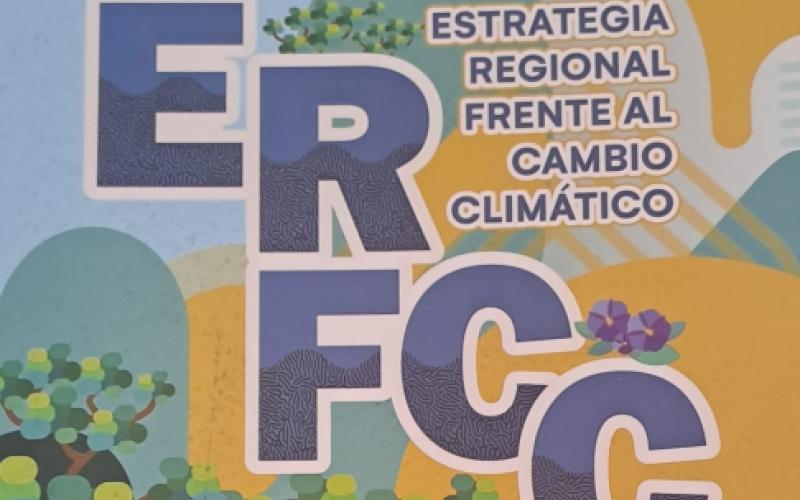
Conservación Amazónica – ACCA
Event Summary: International Simposium on Restoration and Reforestation in the Amazon Andes
